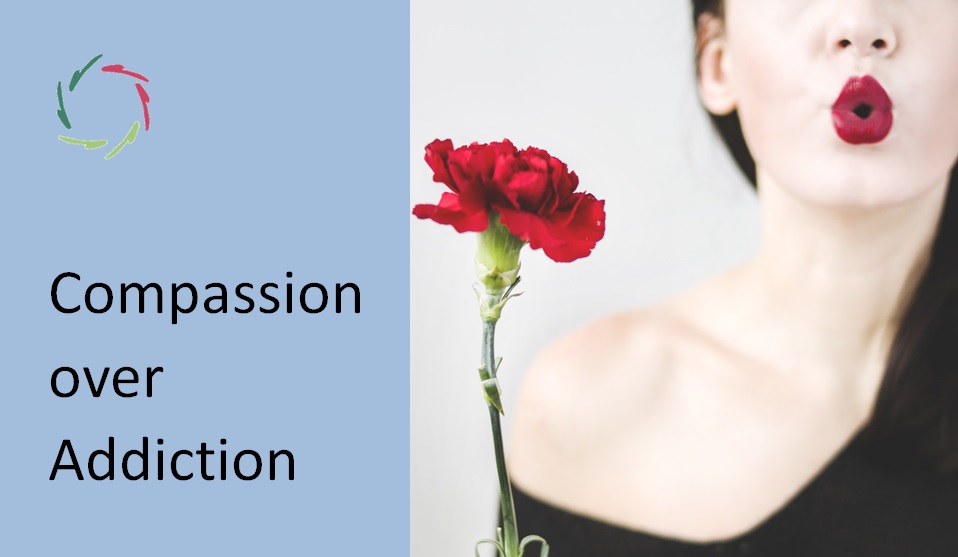Euthanasia Is Not an Execution

so don’t treat it as one.
[see: “The Final Transition”]
At the day of this writing, a friend of mine ‘committed’ euthanasia.
His decision was understandable. He wasn’t a very close friend, yet it was/is somewhat traumatic. The days and hours before, it felt quite like execution was going to take place. Nobody mentioned the word. Still, it was as such to me.
I don’t think this is optimal.
My proposal: glide, don’t shoot.
This is not about overmedicating someone into zombiehood. But at his own choice, in one sweep: gradually heighten a morphine drip over the course of several hours. This way, the dying person slowly advances into the arms of Morpheus. That is: he enters into a genuine morphine trip. At one moment, the body cannot take it anymore and the person dies. That way, death doesn’t come like the falling of a guillotine axe. It comes like a gentle breeze, a daydream, a mental adventure. Like a part of life. Which it is of course: dying is one part of living.
I would see that for myself as one final treat, something to look forward to. Generally, it should be accompanied with proper support towards the dying person and towards his loved ones.
Contrary to this, getting someone to suffer for hours, days, weeks… in order to die a prolonged and horrible death by – for instance – choking, is just not humane, whether or not medically induced. There is no sensible excuse.
Euthanasia in a humane way is a ‘humane right.’
This doesn’t mean that life isn’t holy.
It means that life is holy. Striving towards being whole. Till the last drop, and even so.
If it comes from really deep inside, any religious person should acknowledge that. ‘Really deep inside,’ one comes closer to what anyone can religiously experience as ‘God.’ In the end, it is a semantic question.
So, slowly, a life glides into nothingness… conceptually.
What happens after death, nobody knows. Maybe nothing. Maybe you awaken from a ‘bad dream called life.’ Maybe you open your deeper eyes and only see bliss in ‘a place called heaven.’ Maybe you reincarnate into a wide-eyed cow that is going to be venerated in India… or heavily mistreated in Columbus’ India. What a world.
Anyway, any human departure from this world should be treated with the utmost respect. Human dignity is top, as well as empathy towards that dying person, including when it’s your turn.
Taking a life? Or rather: putting a life in a balance?
Even your own life.
So, euthanasia may be done through heightening the dose until nature (your body) cannot manage anymore. Which is the time of death. This way, the exact time of death isn’t chosen. Instead, there is a two-sided balance. Within the posited time-frame, nature chooses the exact moment of transition. The tipping of the balance is like a joint human-nature decision.
Eventually, whenever one takes any medication, there is a risk within this balance, more or less. Any medication can kill.
Eventually, any day you come out of bed, get into your car, etc., you put your life in the balance. This balance is needed to live. Living is something that you do towards dying. Dying is part of living. You can see your choice of living as good living, including your choice of dying. Please, when possible, make it beautiful. Don’t especially make it ugly.
Any execution
In my personal opinion, this should also be the way to go for any death penalty execution. Of course: in case the death penalty is deemed appropriate at all, which is not my idea. Note that in this case, I am completely against ‘taking a life.’
But if – at all – then, even then should the dignity of the dying person be of the highest importance, as well as empathy towards the same. People ALWAYS deserve empathy.
All in all, one ‘rule’:
The end of life should as much as possible be the consequence of individual free choice in accordance with nature.
If any individual really chooses to end it, that choice should be respected. This leaves us with the interpretation of ‘really.’
Which is another question. [see: “In Defense of Free Will”]


